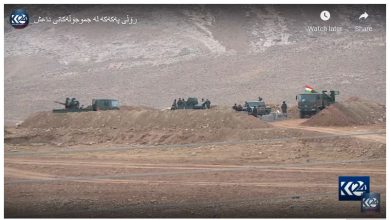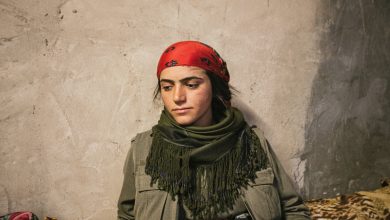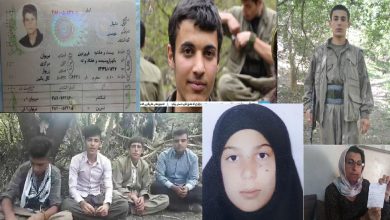Sohrab Mohammadi, born in 1937, got interested in Kurdish art and music in Khorasan at the age of ten, and during his life, he rendered valuable services to the art and culture of this region of Iran. He was a Bakhshi/traditional singer. A Bakhshi is the traditional singer in the Kurdish culture of Khorasan. He expresses a social, historical, cultural issues with his voice and melody, whether by himself or by others. Among the Bakhshis, those who sing themselves, that is, are creative and sing, are more important, and a group of them reads the poems of others.

The importance of Bakhshi-ism
Over the centuries, Kurdish society in Khorasan and elsewhere has been largely based on nomadic and mobile life, and when the Kurds of Khorasan in the Safavid period moved to defend the borders of Iran in the northeast against the Uzbeks and Turkmen were also in the form of tribes and nomads. This is still widely used in the titles of the tribes and nomads of that region and their family names, and at the end of each tribe and nomadic name they have the suffix “Lu”.
The Bakhshis have played an important role throughout the social history of the Kurds of Khorasan. On the other hand, they have been the recorders of social and historical events. For example, the struggle of Sardar Eyvaz Khan Jalali in defense of Iran against the Russians who separated the city of Firoozeh from Iran while the Qajar kings were incompetent, are left by the Bakhshis and in the form of oral history to these days and are widely welcomed. On the other hand, as mentioned above, the life of the Kurds was more nomadic, and this kind of life did not allow them to establish permanent and established educational centers, so illiterate people learned about their past by listening to Bakhshis – rather than reading books. In this way, the Bakhshis were also the teachers of the community.
Also, in the absence of modern means of mass communication and entertainment, the Kurdish nomads, especially on autumn and winter nights when they had more leisure time, were entertained by listening to the Bakhshis and being with them, and the Bakhshi programs were an excuse to gather and discuss. And the conversations were long and useful. Also, the Bakhshis were effective in preserving the originality of the language with their songs.
During his lifetime, Sohrab Mohammadi was able to take important steps in the above-mentioned fields and was therefore very popular.
It seems that the Kurdish oral culture, including Bakhshi-ism, has not been able to adapt to the conditions of the modern world and move forward in accordance with it, so it is either condemned to extinction or will be greatly weakened because it is not widely accepted unless it is appropriate to the evolving modern world.






